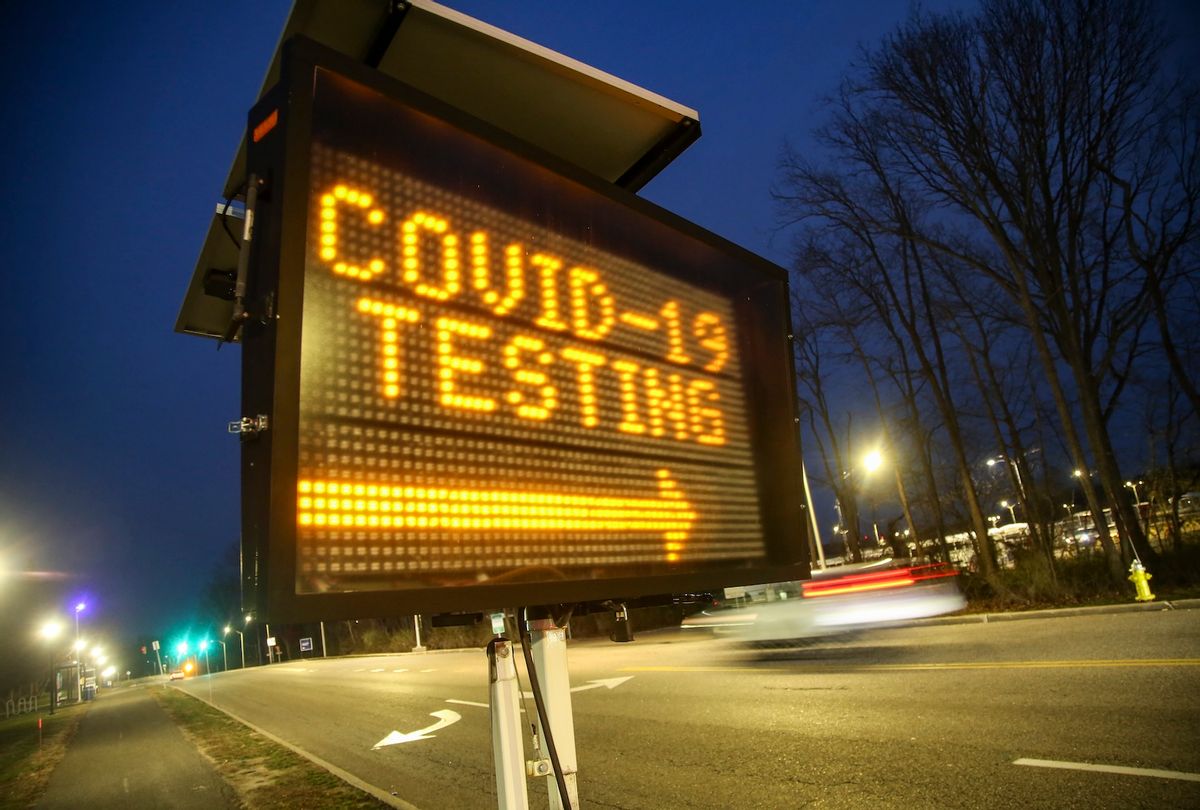Five Years After the Pandemic: Progress, Pitfalls, and New Perspectives on Health and Society
The impact of the COVID-19 pandemic continues to reshape healthcare and societal attitudes globally, revealing significant gaps in equity and trust in institutions.
Subscribe to unlock this story
We really don't like cutting you off, but you've reached your monthly limit. At just $5/month, subscriptions are how we keep this project going. Start your free 7-day trial today!
Get StartedHave an account? Sign in
Overview
As we mark five years since COVID-19 was declared a pandemic, global health systems show both improvements and stark challenges, highlighting increased inequities, trust issues in science, and the ongoing toll of the virus. Progress in disease surveillance, such as portable labs, contrasts with the decline in public trust and accountability among leaders. Despite advances, many marginalized communities continue to suffer from disparate health impacts. The pandemic has caused lasting changes in literature, healthcare discussions, and the political landscape, with healthcare inequality becoming more prominent as society grapples with the implications of mass death and institutional disregard.
Report issue

Read both sides in 5 minutes each day
Analysis
- The pandemic revealed significant weaknesses in global disease response and preparedness, highlighting a need for better disease tracking and resource sharing among nations.
- While advancements have been made in disease surveillance, public distrust in scientific authorities has increased, complicating future public health efforts.
- The pandemic has caused a breakdown in international relations and cooperation, with ongoing challenges in negotiating a global Pandemic Treaty.
Articles (3)
Center (1)
FAQ
The pandemic has led to a decline in public trust in institutions and science, partly due to partisan divides and differing views on health risks and government responses. This mistrust is evident in vaccine skepticism and political polarization over pandemic measures.
The pandemic has exacerbated existing health inequities, particularly affecting marginalized communities. These communities continue to face disparate health impacts due to systemic disparities and lack of access to resources.
Despite some improvements, there has been limited progress in understanding and treating long COVID. It is believed to be multiple conditions, and more research is needed to develop effective treatments.
History
- This story does not have any previous versions.


